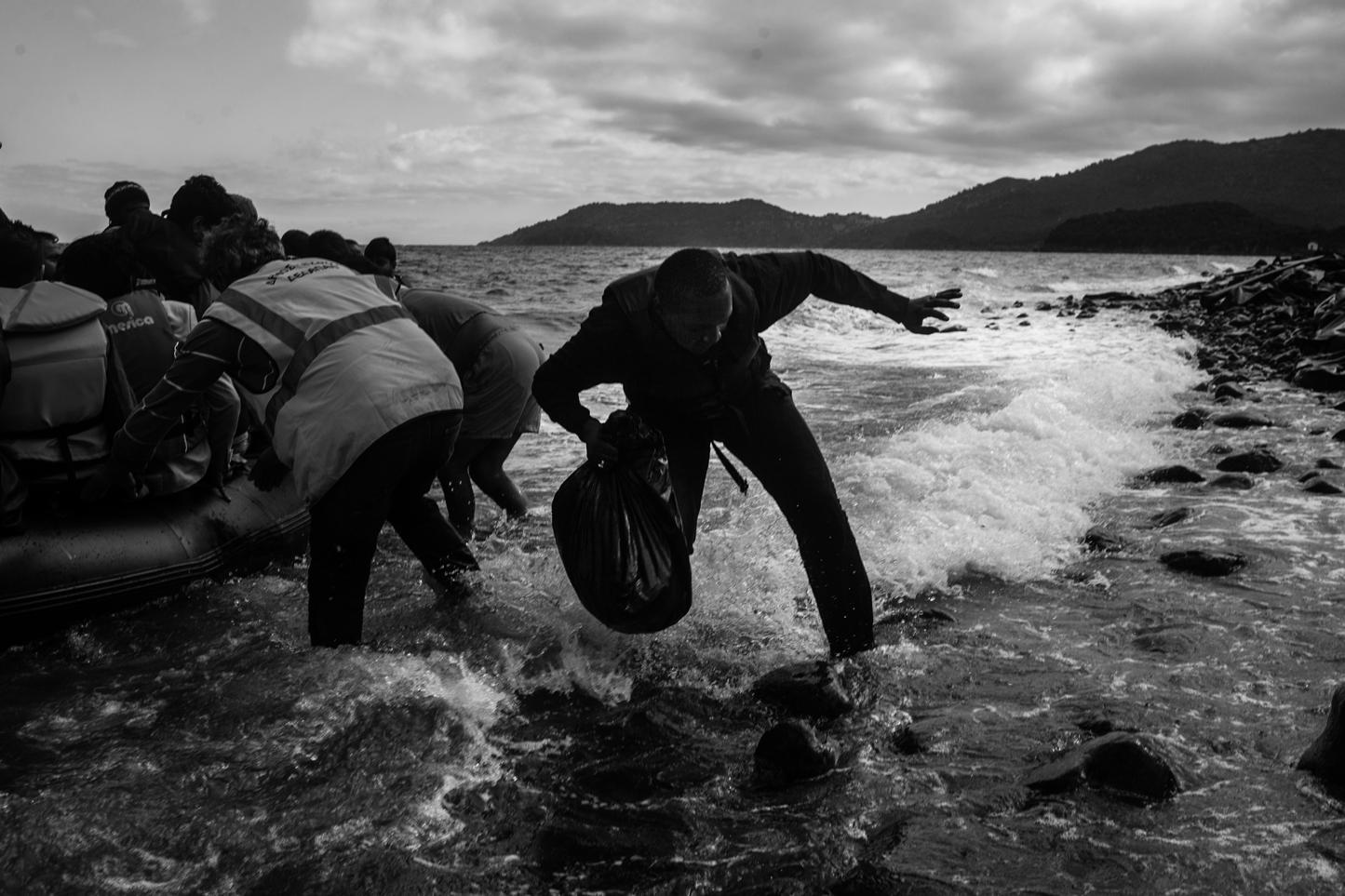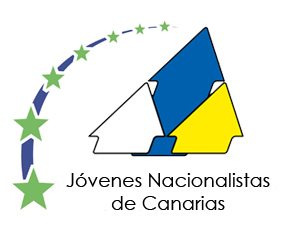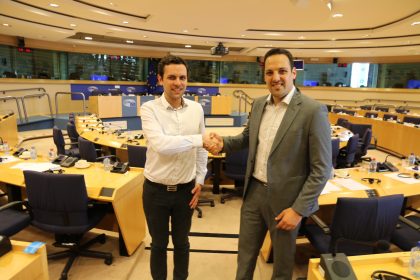Mládežnícke politické organizácie: Nahraďte dohodu medzi EÚ a Tureckom za dôstojnú migračnú politiku
Dnes je to rok čo vstúpila do platnosti zmluva medzi Európskou úniou a Tureckom o premiestnení utečencov.
Pri absencii funkčnej schémy prerozdeľovania utečencov v rámci Európskej únie bola uzavretá dohoda, ktorá mala účinne odtlačiť utečencov späť do Turecka, ktoré je považované za bezpečnú krajinu. Existuje však množstvo správ od popredných organizácií pre ľudské práva, že Turecko pre utečencov bezpečné nie je (HRW, Amnesty International).
Dohoda medzi EÚ a Tureckom znížila intenzitu utečeneckých vĺn na tzv. trase východného Stredomoria z Turecka do Grécka. Zvýšil sa však počet migrantov, ktorí sa snažia dostať do Európy tzv. trasou stredného Stredomoria zo severnej Afriky do Talianska. Druhá trasa je však oveľa nebezpečnejšia než tá prvá, čo každoročne vedie k nárastu úmrtí utečencov. Viac ako 5000 migrantov prišlo v Stredomorí o život v roku 2016 – to je viac ako v ktoromkoľvek predchádzajúcom roku. V prvých dvoch mesiacoch roku 2017 je počet obetí v Stredozemí už vyšší dokonca ako v predošlom roku. Prevažná väčšina týchto obetí sa pokúšala dostať do Talianska (zdroj: IOM).
O rok neskôr s poľutovaním konštatujeme, že dohoda medzi EÚ a Tureckom zhoršila už aj tak strašnú situáciu tisícok vysídlencov. Okrem toho na základe dohôd s ešte menej stabilnými krajinami, ako je Líbya a iné krajiny na severe Afriky, ktoré vychádzajú z dohody medzi EÚ a Tureckom hrozí, že zraniteľní utečenci sa ocitnú v ešte neľudskejších podmienkach. Preto požadujeme nasledovné:
- Okamžitú implementáciu funkčného rámca pre presídľovanie utečencov v Európskej únii. Veľkosť kvót musí odrážať skutočné potreby ochrany žiadateľov o azyl.
- Dostatočnú podporu pre krajiny prvého kontaktu, najmä pre Grécko a Taliansko, na zabezpečenie dôstojných životných podmienok pre utečencov a zdrojov potrebných na rýchle vybavenie žiadostí o azyl.
- Zrušenie Dublinského nariadenia a ukončenie znárodňovania azylovej politiky vo všeobecnosti.
- Zriadenie Európskej agentúry pre azyl a migráciu zodpovednej za preskúmanie žiadostí o azyl. Táto agentúra je ďalej zodpovedná za koordináciu vnútroštátnych agentúr zaoberajúcimi sa azylovými procesmi a zvyšovanie efektívnosti a udeľovania práv utečencom prostredníctvom dôsledného uplatňovania existujúcich európskych noriem.
- Vytvorenie legálnych migračných kanálov s cieľom zachrániť životy a obmedziť obchodovanie s ľuďmi vo všetkých členských štátoch EÚ; ďalej je potrebné aby členské štáty spoločne zaviedli “humanitárny vízový systém”, ktorý umožní utečencom legálne vstúpiť na územie EÚ, a teda utečenci budú schopní žiadať o azyl na základe humanitárnych dôvodov ihneď pri príchode. Prijatie spoločných kritérií pre tieto víza a umožnenie žiadateľom o azyl požiadať všetky krajiny EÚ na akomkoľvek veľvyslanectve EÚ vytvorí spoločnú azylovú politiku na európskej úrovni.
- Zrušenie dohody medzi EÚ a Tureckom a zastavenie plánov na uzatvorenie ďalších podobných dohôd s tretími krajinami, napríklad s Líbyou, až kým neexistujú záruky, že všetky dohody s tretími krajinami sú v súlade s medzinárodnými humanitárnymi právnymi záväzkami členských štátov EÚ. Štáty EÚ by mali spoločne pracovať na vyrovnávaní rozdielov vo finančnej zodpovednosti členských štátov pri riadení vonkajšej hranice, aby sa zabezpečilo, že žiadna krajina nebude cítiť, že je potrebné externalizovať hraničnú kontrolu do krajín, ktoré nie sú členmi EÚ.
- Pridelenie dostatočných zdrojov do Fondu pre azyl a migráciu, ktorý bude zahŕňať bývalé fondy v oblasti azylu a utečencov, vo Viacročnom finančnom rámci EÚ na roky 2014 – 2020. EÚ by mala zabezpečiť súlad priorít a financovania vonkajšej pomoci s prioritami a fondmi EÚ v oblasti azylu a migrácie.
Signatári:
EFAy – European Free Alliance Youth
European Liberal Youth (LYMEC)
Young Democrats for Europe (YDE)
Young European Socialists
IUSY – International Union of Socialist Youth
Youth of the European Left
IFLRY – International Federation of Liberal Youth
Young European Federalists [JEF]
Federation of Young European Greens – FYEG
Fotografia Elias Markou



